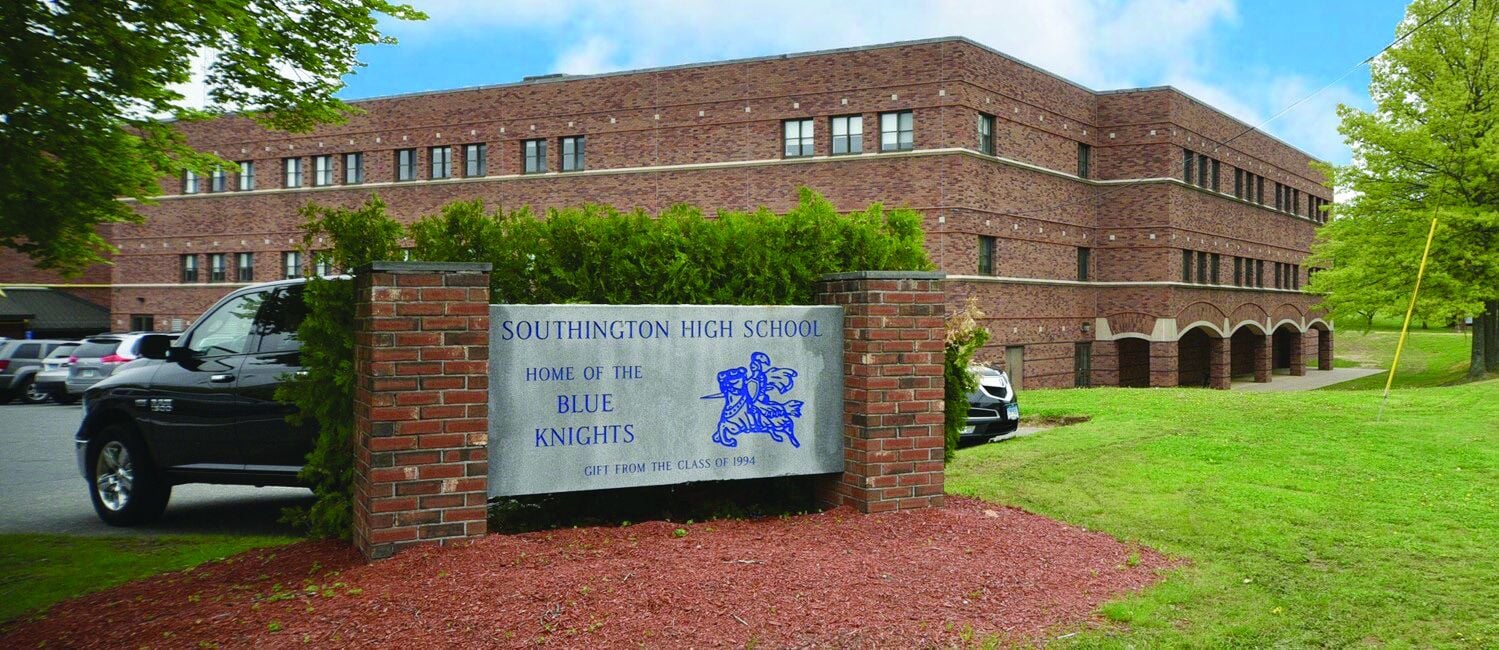Finding the perfect space for your business is a crucial step toward success. One of the most significant decisions you’ll make in this process is choosing between a short-term lease and a long-term lease. Each option has its own set of advantages and challenges, and the right choice depends on your business’s unique needs and goals.
Short-Term Lease vs Long-Term Lease: Which One is Right for Your Business?

Understanding Lease Terms
Before diving into the pros and cons, it’s essential to understand what differentiates short-term and long-term leases in the commercial real estate market.
What is a Short-Term Lease?
A short-term lease typically spans less than a year, though some definitions extend this to leases under three years. These leases offer flexibility and convenience that appeal to small and medium-sized businesses, especially startups and those operating in uncertain markets.
What is a Long-Term Lease?
Long-term leases usually last from three to five years or more. They provide stability and predictability for businesses, allowing for better planning and investment in the property.
Pros and Cons of Short-Term Leases
Pros
-
Flexibility: One of the most significant benefits of short-term leases is the ability to adjust quickly. Businesses can easily change their office size or location as their needs evolve.
-
Lower Upfront Costs: These leases often require minimal upfront costs like security deposits, making them more accessible for startups or businesses with limited capital.
-
Access to Prime Locations: Short-term leases can provide opportunities to access prime locations without a long-term commitment, which is ideal for businesses testing new markets.
Cons
-
Higher Monthly Rates: Short-term leases often come with higher monthly rental rates compared to long-term agreements.
-
Limited Negotiation Power: Businesses may have less leverage to negotiate favorable terms due to the shorter commitment.
-
Potential for Disruptions: The need to frequently relocate can cause disruptions in operations and affect customer relationships.
Pros and Cons of Long-Term Leases
Pros
-
Stability and Predictability: Long-term leases offer a fixed location, facilitating community presence and allowing for long-term financial planning.
-
Lower Rental Rates: These leases often come with lower rental rates and potential customization freedoms, making it cost-effective over time.
-
Negotiation Power: Businesses can negotiate more favorable terms due to the extended commitment, including rent rates and improvements.
Cons
-
Lack of Flexibility: A long-term lease means reduced ability to adapt to changing market conditions, which can be a disadvantage in volatile markets.
-
Financial Risks: There are higher financial risks with larger upfront costs and potential penalties if you need to exit the lease early.
-
Challenge in Adjusting Space Needs: It’s harder to resize your space or relocate without significant costs or legal implications.
Factors to Consider When Choosing Your Lease Term
Business Stage and Goals
Startups or businesses in growth phases might prefer the flexibility of short-term leases. In contrast, established companies with stable operations might benefit from the stability of long-term leases.
Market Conditions
In a volatile market, a short-term lease allows you to respond quickly to changes. However, in a stable or growing market, locking in a long-term lease can secure lower rental rates.
Financial Considerations
Evaluate your cash flow and capital availability. If upfront costs are a concern, a short-term lease with lower initial expenses might be preferable. Long-term leases might offer better cost savings over time.
Space Requirements
Consider your current and future space needs. Short-term leases allow you to adjust your space as your business grows. Long-term leases, however, can provide the opportunity to customize your space to better suit your operations.
Legal Implications
Be aware of the statutory security of tenure associated with long-term leases, which grants the right to request a new lease upon expiration.
Making the Right Decision
Choosing between a short-term and long-term lease is a significant decision that should align with your business strategy. It’s essential to thoroughly assess your needs and objectives and consider seeking professional advice to navigate the complexities of commercial leasing.
Conclusion
Both short-term and long-term leases have their place in the business world. The key is to align your lease term with your business’s unique requirements. By carefully weighing the pros and cons, you can make an informed decision that supports your company’s success.
Short-Term Lease vs. Long-Term Lease: Which One is Right for Your Business?
Finding the perfect space for your business is a crucial step toward success. One of the most significant decisions you’ll make in this process is choosing between a short-term lease and a long-term lease. Each option has its own set of advantages and challenges, and the right choice depends on your business’s unique needs and goals.
Understanding Lease Terms
Before diving into the pros and cons, it’s essential to understand what differentiates short-term and long-term leases in the commercial real estate market.
What is a Short-Term Lease?
A short-term lease typically spans less than a year, though some definitions extend this to leases under three years. These leases offer flexibility and convenience that appeal to small and medium-sized businesses, especially startups and those operating in uncertain markets.
What is a Long-Term Lease?
Long-term leases usually last from three to five years or more. They provide stability and predictability for businesses, allowing for better planning and investment in the property.
Pros and Cons of Short-Term Leases
Pros
-
Flexibility: One of the most significant benefits of short-term leases is the ability to adjust quickly. Businesses can easily change their office size or location as their needs evolve.
-
Lower Upfront Costs: These leases often require minimal upfront costs like security deposits, making them more accessible for startups or businesses with limited capital.
-
Access to Prime Locations: Short-term leases can provide opportunities to access prime locations without a long-term commitment, which is ideal for businesses testing new markets.
Cons
-
Higher Monthly Rates: Short-term leases often come with higher monthly rental rates compared to long-term agreements.
-
Limited Negotiation Power: Businesses may have less leverage to negotiate favorable terms due to the shorter commitment.
-
Potential for Disruptions: The need to frequently relocate can cause disruptions in operations and affect customer relationships.
Pros and Cons of Long-Term Leases
Pros
-
Stability and Predictability: Long-term leases offer a fixed location, facilitating community presence and allowing for long-term financial planning.
-
Lower Rental Rates: These leases often come with lower rental rates and potential customization freedoms, making it cost-effective over time.
-
Negotiation Power: Businesses can negotiate more favorable terms due to the extended commitment, including rent rates and improvements.
Cons
-
Lack of Flexibility: A long-term lease means reduced ability to adapt to changing market conditions, which can be a disadvantage in volatile markets.
-
Financial Risks: There are higher financial risks with larger upfront costs and potential penalties if you need to exit the lease early.
-
Challenge in Adjusting Space Needs: It’s harder to resize your space or relocate without significant costs or legal implications.
Factors to Consider When Choosing Your Lease Term
Business Stage and Goals
Startups or businesses in growth phases might prefer the flexibility of short-term leases. In contrast, established companies with stable operations might benefit from the stability of long-term leases.
Market Conditions
In a volatile market, a short-term lease allows you to respond quickly to changes. However, in a stable or growing market, locking in a long-term lease can secure lower rental rates.
Financial Considerations
Evaluate your cash flow and capital availability. If upfront costs are a concern, a short-term lease with lower initial expenses might be preferable. Long-term leases might offer better cost savings over time.
Space Requirements
Consider your current and future space needs. Short-term leases allow you to adjust your space as your business grows. Long-term leases, however, can provide the opportunity to customize your space to better suit your operations.
Legal Implications
Be aware of the statutory security of tenure associated with long-term leases, which grants the right to request a new lease upon expiration.
Making the Right Decision
Choosing between a short-term and long-term lease is a significant decision that should align with your business strategy. It’s essential to thoroughly assess your needs and objectives and consider seeking professional advice to navigate the complexities of commercial leasing.
Conclusion
Both short-term and long-term leases have their place in the business world. The key is to align your lease term with your business’s unique requirements. By carefully weighing the pros and cons, you can make an informed decision that supports your company’s success.











